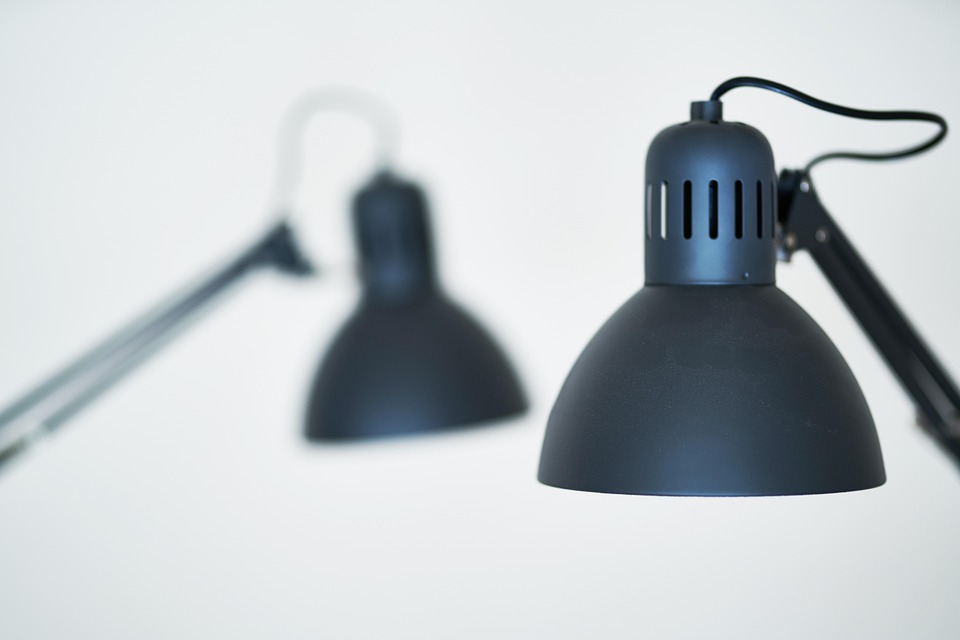In an age where individuality and personal preference reign supreme, the importance of customization across various sectors is more evident than ever. Whether it’s in fashion, technology, or food, consumers are increasingly seeking out products that reflect their unique tastes and lifestyles. The phrase "Feel free to modify any of these or let me know if you’d like more options!" encapsulates a growing sentiment in the commerce landscape—one that prioritizes flexibility and personalization.
The Rise of Personalization
What Drives Customization?
Recent studies suggest that the desire for personalized products stems from a few key factors:
-
Identity Expression: Consumers wish to express their individual identities through their purchases. Custom options allow them to curate items that resonate with their personal style.
-
Enhanced Experience: Personalization often enriches the user experience. For instance, brands that offer tailored products tend to have more engaged customers who appreciate the level of attention and care involved.
- Technological Advancement: With the rise of advanced technologies like artificial intelligence and data analytics, businesses can better understand consumer preferences, making it easier to offer customizable options.
Industries Embracing Customization
Customization is making waves across a multitude of industries. Here are a few notable examples:
1. Fashion and Apparel
From bespoke suits to made-to-order sneakers, the fashion industry is seeing a shift toward personalized clothing. Brands like Nike and Adidas have implemented platforms that allow customers to design their own footwear, choosing colors, materials, and styles.
2. Technology
Tech companies are also recognizing the demand for customization. Smartphone manufacturers now allow customers to select specifications, colors, and accessories tailored to their needs. Apple, for instance, has introduced various personalization options for its products, including engravings and selections of different configurations.
3. Food and Beverage
In the food industry, customization is becoming increasingly popular, especially with the rise of fast-casual dining. Brands like Chipotle and Starbucks enable customers to build their own meals or drinks, creating an experience that caters to individual tastes and dietary restrictions.
Benefits of Customization
The advantages of offering customizable products extend beyond consumer satisfaction. Companies that prioritize customization often experience:
-
Increased Customer Loyalty: When consumers feel they have contributed to the creation of a product, they are more likely to return to the brand.
-
Higher Prices: Customized products typically command a premium, allowing companies to enhance profit margins.
- Enhanced Word-of-Mouth Marketing: Satisfied customers tend to share their unique experiences with friends and family, serving as organic brand ambassadors.
The Future of Personalization
As we move forward, the trend of personalization is likely to expand even further. Companies will need to pay attention to the following areas to stay competitive:
-
Artificial Intelligence and Machine Learning: These technologies will facilitate deeper insights into consumer behavior, allowing for even more tailored recommendations.
-
Sustainability: Consistent with consumer values, brands will also need to consider eco-friendly customization options that minimize waste, such as made-to-order production.
- Community Engagement: Platforms that allow consumers to engage in the co-creation of products not only increase loyalty but also promote a sense of community.
Conclusion
The mantra "Feel free to modify any of these or let me know if you’d like more options!" represents more than just consumer choice; it symbolizes a fundamental shift in how businesses operate in today’s marketplace. Personalization is no longer a luxury; it is becoming an expectation. As industries continue to evolve, those that embrace customization will not only satisfy their customers but also position themselves ahead of the competition. The power of choice has never been more pronounced and will undoubtedly shape the future of commerce.


